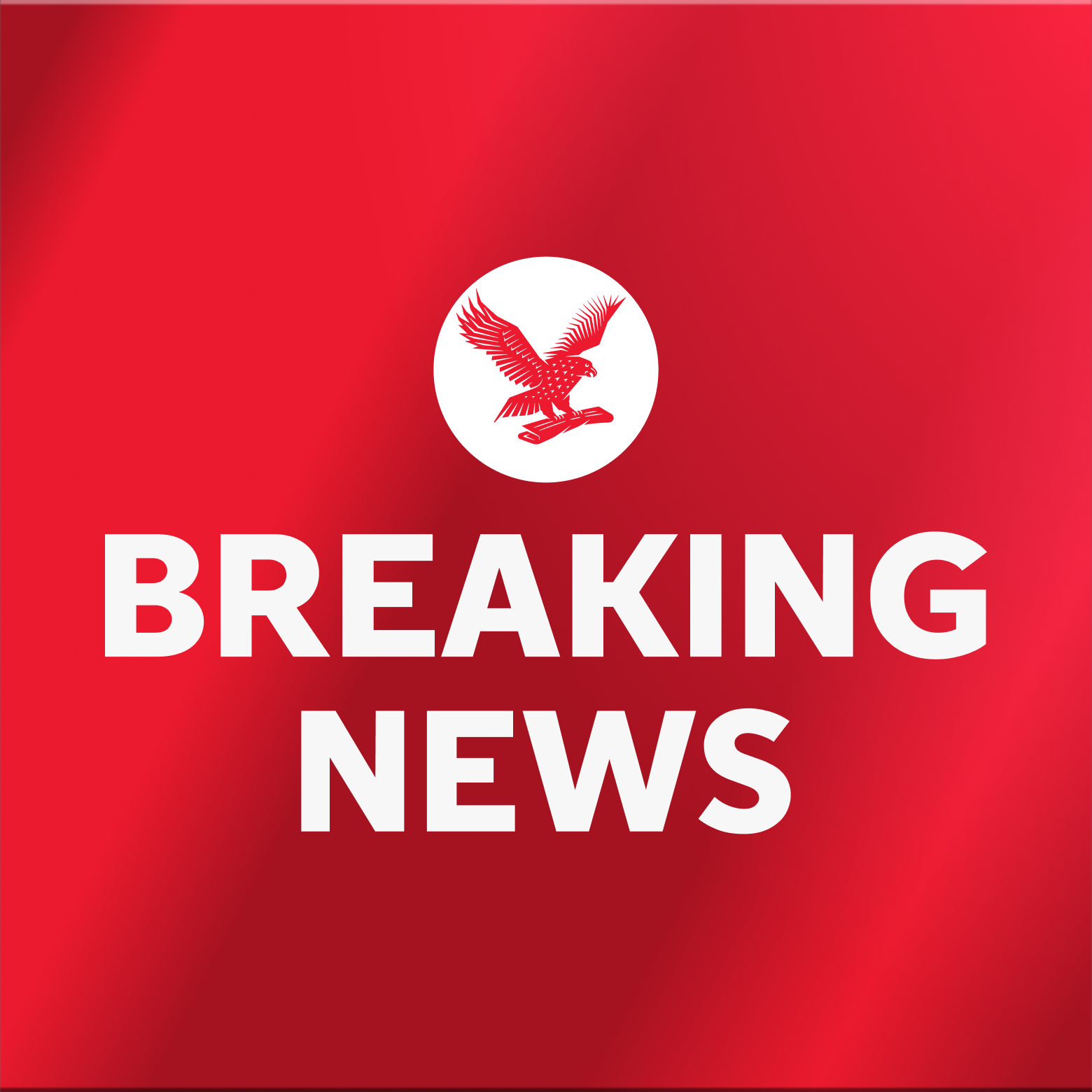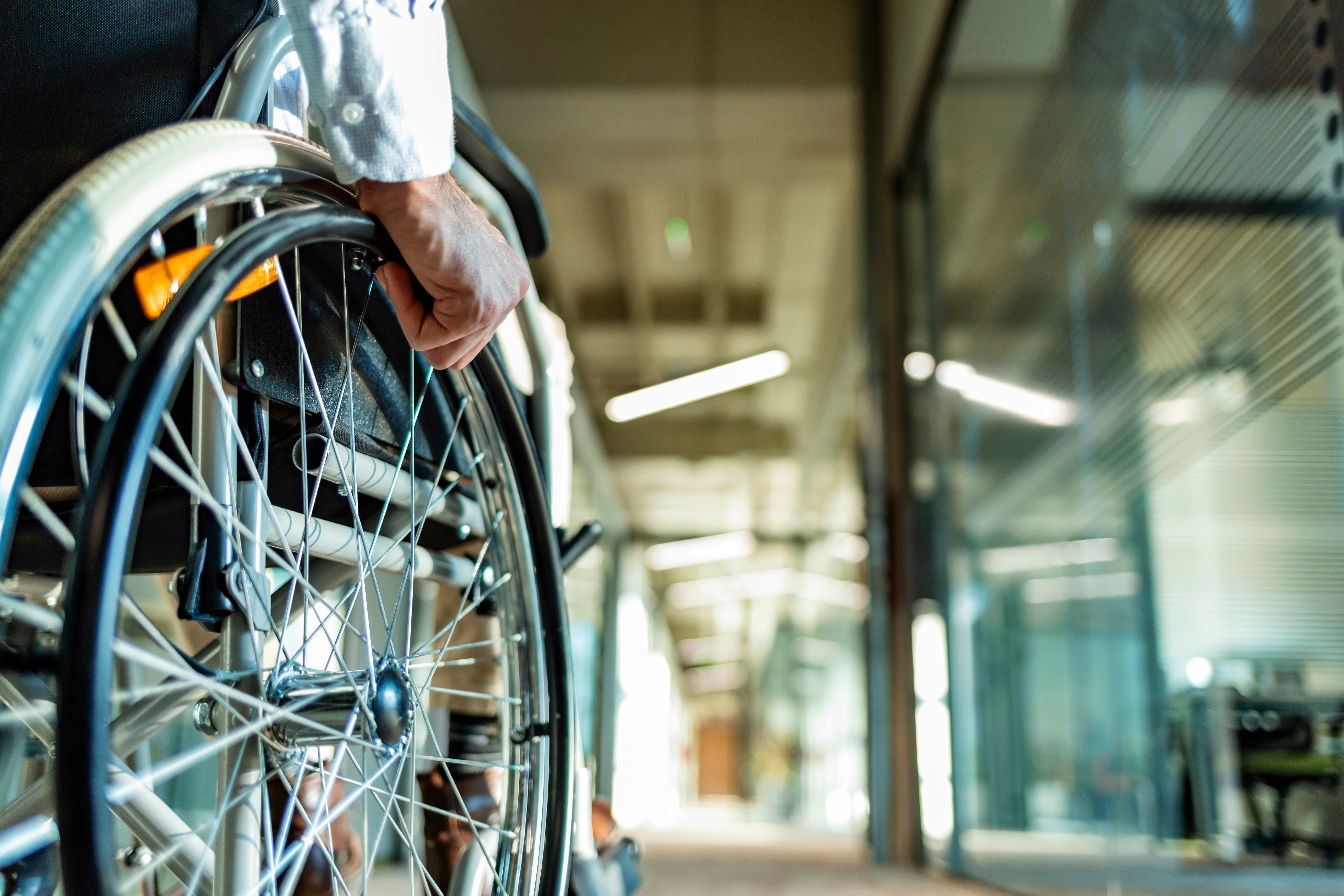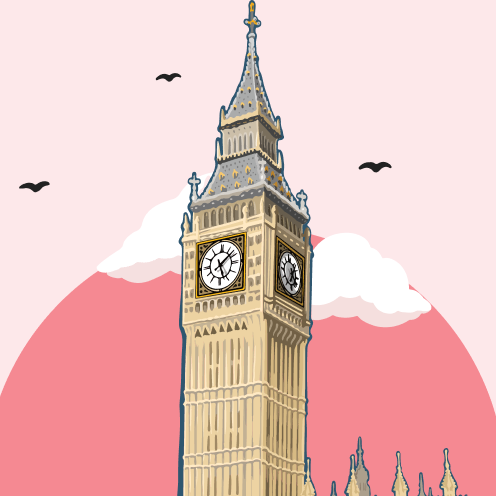Vladimir Putin should not “cower behind the walls of the Kremlin” and should look the family of Dawn Sturgess “in the eyes” over her death, their lawyer has told the inquiry into the Novichok poisonings in Salisbury.
Ms Sturgess, 44, was killed after coming into contact with the Russian-engineered nerve agent in Amesbury in July 2018.
Her contact with Novichok followed the attempted murder of former spy Sergei Skripal and his daughter, who were poisoned in nearby Salisbury in March that year. Police officer Nick Bailey also fell ill after becoming exposed to the chemical.
They were poisoned when members of a Russian military intelligence squad are believed to have smeared the nerve agent on Mr Skripal’s door handle. All three survived, as did Ms Sturgess’s boyfriend Charlie Rowley, who had unwittingly given her the bottle containing the killer chemical weapon.
In a new witness statement issued by Mr Skripal, the inquiry heard on Monday that the former Russian militay intelligence operative believes Vladimir Putin personally ordered the attack on his life.
The inquiry will sit all week in Salisbury.
Today’s hearing has now come to a close. You can keep scrolling to catch up on the day’s events as we reported them, ahead of our full upcoming report on the proceedings.
Skripals express ‘deepest sympathies’ to family of Dawn Sturgess
Sergei and Yulia Skripal would “like to express their sorrow at the death of Dawn Sturgess and to offer their deepest sympathies to her family and loved ones”, their lawyer Andrew Deakin told the inquiry.
And they further express their sympathy to those injured in the incident, he said, which includes Sturgess’s partner Charlie Rowley and police officer Nick Bailey.
‘Hard to imagine’ what sitting through inquiry must feel like for Dawn Sturgess family, barrister says
Barrister Bridget Dolan KC, representing the South West Ambulance Service NHS Foundation Trust, told the inquiry: “It is hard to imagine what it must feel like for Dawn’s family to sit in this room with all of these lawyers, faced by all these purple signs with their mother and their daughter’s name [emblazoned] across them.
“No family would want to be in a position to have to experience their loved one’s death as the heart of a public inquiry and we do sincerely hope that you get all the answers that you want from this processs.”
UK government holds ‘considered view’ that Putin ordered attack, barrister says
Jonathan Allan, a director-general in the Foreign Office will later testify that the ongoing investigation since 2018 has only strengthened the government’s confidence in attributing this attack to Russia, barrister Cathy McGahey KC told the inquiry.
“It is now the government’s considered view that President Putin authorised this operation,” added Ms McGahey, acting on behalf of the home secretary.
She continued: “Hindsight should not unduly colour the inquiry’s assessments of what could or should have been done by those who had to make the decisions before the attack on the Skripals took place and before the tragic death of Ms Sturgess.”
Local police had to rely on Wikipedia in Novichok response, inquiry told
Local police had to rely on Wikipedia for information on how to respond to the Salisbury poisonings, the inquiry was told.
Disclosed documents show public health bodies were concerned that “secrecy, withholding of relevant information and an over-centralisation of decision-making in central government hampered the response” to the attacks and in the early stages it was “very difficult” to access credible information, said barrister Michael Mansfield KC.
He added: “Documents paint a picture of some concern – they describe organisational disputes and disagreements over tactical and strategic decision-making, and a lack of clarity on how to secure essential scientific advice; there are references to public health officials being risk averse and too slow to offer advice and make decisions.”
Advice on dry cleaning potentially-contaminated clothing “took up considerable time” even at a national level, said Mr Mansfield, who is representing Dawn Sturgess’s family.
“[One] report records that the most comprehensive source of information to local police was Wikipedia”, he added.
Chris Whitty discussed need to identify ‘where the chemical might be’ in March 2018, inquiry told
The government’s then chief scientific adviser Professor Sir Chris Whitty discussed the need to identify “where the chemical might be” after the attempted murder of former spy Sergei Skripal, his daughter Yulia and then police officer Nick Bailey, in Salisbury in March 2018, the inquiry heard.
Michael Mansfield KC, counsel on behalf of the family of Dawn Sturgess and Charlie Rowley, raised whether adequate steps were taken to locate the Novichok.
He said: “In emails within the Department for Health and Social Care on 15 March, it was recognised that there was an outstanding risk of a secondary incident, including through the accidental discovery of discarded agent by humans”.
Mr Mansfield added that, in emails on 19 March, Professor Whitty identified the need to identify “where the chemical might be” as an investigation question.
Scale of probe into Salisbury poisonings ‘difficult to overstate’
The scale of the investigation into the Salisbury and Amesbury poisonings “is difficult to overstate”, Lisa Giovanetti KC, a lawyer acting on behalf of the Metropolitan Police.
It has involved cooperation between police and partners across government, and extensive inquiries both domestically and internationally, Ms McGahey said.
The inquiry has disclosed nearly 800 documents from the operation – named Operation Verbasco – to all core participants in the inquiry, in accordance with the inquiry’s established protocols to protect national security, the barrister added.
Openness needed to counter ‘huge amount of Russian disinformation’ about Salisbury incidents, barrister says
Lawyers for the family of Dawn Sturgess have questioned why the UK authorities appeared to have failed to identify the risk faced by Sergei Skripal and why “innocent citizens [were] placed in harm’s way”.
As well as with the aim of helping the family “grieve the loss of their loved one, and come to terms with her death”, barrister Michael Mansfield KC warned that openness in the inquiry will be “of great importance” in countering the “huge amount” of Russian disinformation about Salisbury.
Mr Mansfield said: “A huge amount of disinformation has been produced by the Russian state in the international media about this incident. Countering that disinformation is of great importance, to put public pressure on those responsible, and even to support international democracy at a time when the threat from Russian interference remains very real.”
He added: “Clear and persuasive evidence heard in public may also affect the support Putin and his regime has in Russia. There is currently a feeling in Russia that unfair allegations are made against them by the West, including the UK.”
“Countering the disinformation can only be done by publicising clear and persuasive evidence and conclusions,” he continued, warning that “national security should not be a convenient smokescreen” to avoid thorough questioning over the conduct of UK government agencies.
Putin told to ‘look Dawn Sturgess’s family in the eye’ over poisoning death
Lawyers acting for the family of Dawn Sturgess have called for Russian president Vladimir Putin not to “cower behind the walls of the Kremlin, and to look her relatives “in the eyes and answer the evidence against him”.
Speaking after the inquiry disclosed a witness statement by Jonathan Allen, now director general of defence and intelligence at the Foreign Office asserting that “it is [His Majesty’s government’s view that President Putin authorised the operation”, Adam Straw KC pointed to his reasoning that the structure of the Russian government means an operation using Novichok must have been approved at the highest level.
Mr Straw continued: “In light of that new evidence, the family invite the chair to call Mr Putin as a witness, to give oral evidence to the inquiry.
“As an individual who has now been identified, through persuasive evidence, as being responsible for the attempted murder of Mr Skripal – and ultimately responsible for Dawn’s death – he is clearly a relevant and important witness.
“He should not cower behind the walls of the Kremlin. He should look Dawn’s family in the eyes and answer the evidence against him.”
Mr Straw then conceded that the chances of such an appearance by Mr Putin – who is subject to an International Criminal Court arrest warrant relating to Russia’s war in Ukraine – “may be very very small.”
Questions over potential failure to prevent chemical attack are ‘of the greatest gravamen’, inquiry told
Questions of whether there was a failure to prevent a chemical weapons attack on UK soil which may have put “countless” members of the public at risk are “of the greatest gravamen”, the lead barrister for Dawn Sturgess’s family has said.
Michael Mansfield KC told the inquiry: “Given that Sergei Skripal was a manifestly obvious target” what was done to prevent the attack? That is a question of profound importance – to Dawn’s family, to her partner, to the emergency services, and to the wider public.
“The Novichok attack against Mr Skripal caused Dawn’s death, nearly killed her partner, and placed first responders and the wider public – in Salisbury, Amesbury, London and more widely – at very great risk.
“If the attack could and should have been prevented by the UK authorities, Dawn’s family and partner are entitled to know. So are the wider public.
“Was there a failure to prevent a chemical weapons attack on UK soil? Were countless members of the public put at risk, with the potential for hundreds or even thousands of deaths? These are questions of the greatest gravamen, to which the public deserve answers. Public confidence requires it.”
Source: independent.co.uk



